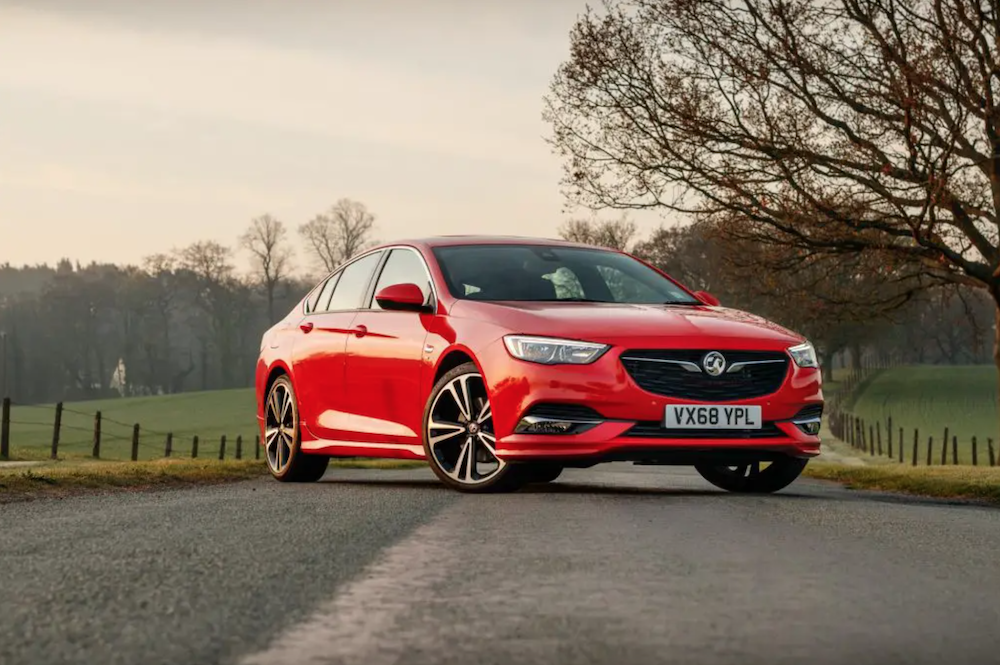GPS trackers afford insurers the precision to reward mindful drivers—those who travel fewer miles, exhibit caution in their driving habits, and safeguard against theft. By capturing detailed data on each journey, these devices allow insurers to offer substantial discounts to low-risk drivers, recognizing the prudence that keeps both roads and premiums in check.
In recent months, UK drivers have found themselves facing sharply escalating car insurance costs. Premiums are soaring, driven by a rise in costly repairs, more frequent claims, and the ongoing effects of inflation across the board. Indeed, the latest figures from the Association of British Insurers (ABI) reveal a 21% increase in premiums over the last year, bringing the average annual cost of comprehensive cover to £511—a daunting sum for many households. For those on the road, each journey now bears the weight of higher insurance rates and the quest to protect one’s vehicle against unexpected risks.
In response, many are turning to a new ally in the battle for more affordable cover: GPS trackers. These unassuming devices serve as important tools, capturing invaluable data on driving habits and vehicle location, data that insurers are increasingly willing to reward with discounts.
Understanding the Surge in Car Insurance Premiums
Why, precisely, are insurance rates soaring? According to the ABI, the reasons are as numerous as they are pressing.
- First, the cost of repairs has risen dramatically due to a shortage of parts and the more complex technology in today’s cars.
- Further compounding this, there’s been a rise in personal injury claims—claims which add significant weight to an insurer’s balance sheet.
- Moreover, delays in repair times have left car owners stranded, with inflation and supply chain issues pushing prices ever higher.
- Added to this, there’s a disheartening trend: reckless driving—speeding, drink-driving, and distracted driving—has seen a rise, especially among younger drivers. Such behavior leads to more accidents, and, ultimately, higher premiums for all.
With smart, connected vehicles, every journey goes beyond a simple commute—it becomes a careful balance of risk, cost, and opportunity.
How GPS Trackers Help Offset Insurance Premium Costs?
Fortunately, GPS trackers offer an elegant solution, allowing drivers to mitigate premium costs by showcasing their safe and responsible driving habits. Increasingly, UK insurers are exploring “usage-based insurance” (UBI), a model that adapts premiums according to an individual’s driving behavior rather than relying solely on demographic factors. Here’s how GPS trackers make a difference:
Reduced Mileage Discount
Mileage matters. With a GPS tracker, insurers gain access to precise data on how far one drives, making it possible to reward low-mileage drivers. Fewer miles mean reduced risk—a reality that many insurers recognize by offering substantial discounts to drivers who spend less time on the road.
Safe Driving Discounts
GPS trackers capture the nuances of your driving style, from speed to braking patterns. For those who drive cautiously, avoiding hard braking or sudden acceleration, there are rewards to be had. These devices allow insurers to discern safer drivers from the rest, providing a means to secure substantial premium reductions.
Theft Recovery Benefits
Finally, a GPS tracker can serve as a safeguard in the unfortunate event of theft. Quick recovery rates reduce potential losses for insurers, and, recognizing this advantage, many companies now offer discounts for vehicles equipped with anti-theft car GPS trackers. In an era where vehicle theft remains a concern, particularly in urban areas, such measures are increasingly appreciated.

Examples of UK Insurers Offering GPS Discounts
The movement toward usage-based insurance is gathering momentum, with several prominent UK insurers taking the lead:
- Aviva Drive: This telematics program rewards safer driving habits, helping young drivers, in particular, to reduce their premiums.
- Direct Line DrivePlus: Through the DrivePlus program, Direct Line offers discounts of up to 20% based on driving behavior, rewarding responsible, low-mileage drivers.
- Hastings Direct SmartMiles: Hastings Direct’s SmartMiles program gives substantial discounts to those who drive safely and demonstrate low-risk patterns over time.
Key GPS Tracker Features for Lower Insurance Premiums
Selecting a GPS tracker with insurer-valued features is essential to securing the most substantial savings.
Real-Time Location Tracking
Not every GPS tracker offers equal value, and selecting one with real-time location tracking is a choice that pays dividends. This feature captures every mile driven, enabling insurers to determine premiums based on actual vehicle usage.
When a vehicle’s movements are consistently modest, insurers acknowledge the reduced risk and typically adjust premiums accordingly. Consider a driver who keeps a steady routine with minimal mileage—this data paints a picture of reduced exposure, allowing insurers to confidently offer lower rates.
Real-time tracking thus becomes not merely a feature but a powerful means of securing favorable premiums.
Driving Behavior Monitoring
Driving behavior monitoring is essential for those seeking to demonstrate responsibility on the road. GPS trackers with this feature capture essential metrics like speed, braking, and acceleration, providing insurers with a thorough understanding of a driver’s risk profile.
For instance, smooth acceleration and moderate braking indicate a cautious driver, and insurers recognize this low-risk behavior by offering discounts. In this respect, the tracker becomes an asset, actively working to reflect the user’s safe habits.
By making this data available, drivers can ensure their premiums reflect their commitment to road safety.
Anti-Theft Alerts
Anti-theft alerts in GPS trackers offer both security and potential financial relief. These alerts enable rapid response in the event of a vehicle theft, increasing the likelihood of swift recovery and minimizing potential financial losses for insurers. T
his swift action benefits both the policyholder and insurer, reducing claims costs and often resulting in discounts for drivers. Consider a city driver, whose vehicle remains parked in high-risk areas overnight; a tracker with anti-theft alerts provides immediate notifications of unauthorized movement, an advantage insurers appreciate.
The presence of anti-theft tracking, therefore, translates into measurable savings alongside enhanced peace of mind.
Choosing the Right GPS Tracker
Choosing the right GPS tracker is a strategic step toward lowering your insurance premiums. Begin by consulting your insurer, as some may favor specific devices or outline requirements for maximum savings. Trackers with features like real-time location tracking, behavior monitoring, and mileage logging are typically most effective, capturing the precise data insurers value. When you select a device tailored to your driving habits, it goes beyond basic functionality—it becomes an asset that showcases your commitment to safe, responsible driving. Over time, this choice not only rewards you with peace of mind but also with considerable savings on your premiums.
A Practical Solution in the Face of Rising Costs
As UK drivers face an uphill battle with insurance costs, GPS trackers offer a sensible solution. They not only empower drivers with insights into their own driving patterns but also help insurers reward safer, more responsible behavior. For those looking to control their insurance costs, a GPS tracker may be a sound investment—one that, over time, could keep a welcome amount of cash in your pocket.














